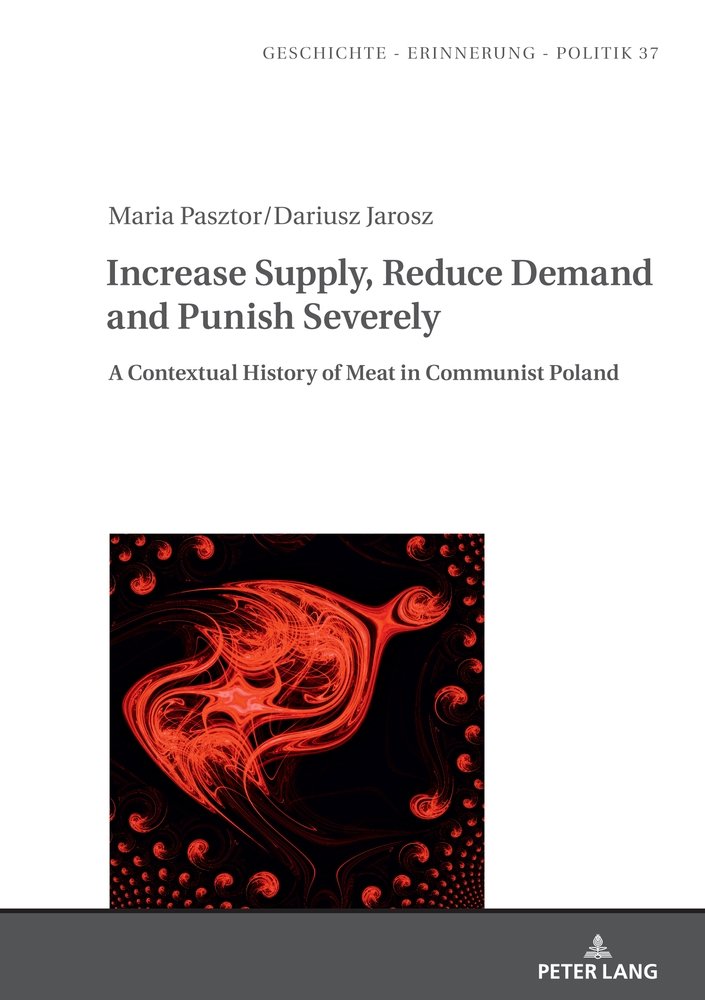A monograph on the social history of meat in Poland under the Communist regime (1945-1989). Based on an extensive archival research, which included the records of state institutions and the Communist party, the authors trace back the social and economic aspects of the production and circulation of meat in this period. They analyze, among other things, the problem political interventions into the meat economy in post-war Poland; abuses in meat trade, subjected to severe punishments including death; or the role of meat in the everyday life of Polish families. The dissatisfaction with shortages of meat products emerges as an immanent feature of Polish everyday life until 1989, often resulting in social unrest and becoming a popular theme of rumors and political jokes.


